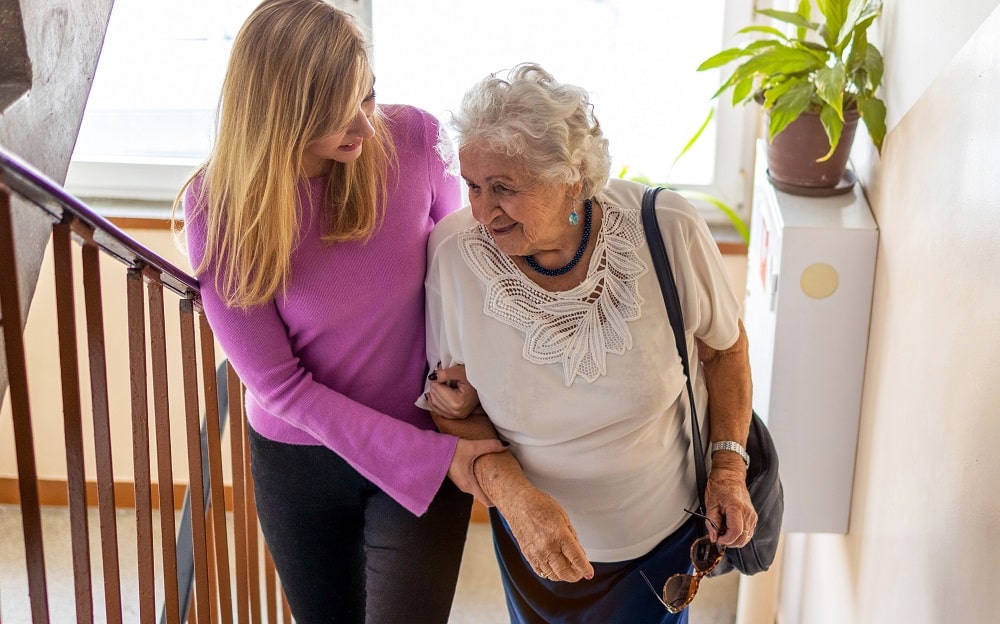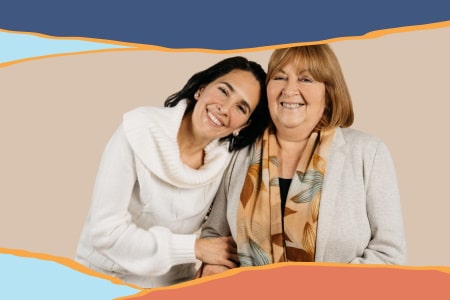Home & Community Based Services
Resources

3 Ways Older Adults Can Stay Healthy In The New Year
As we head more into the new year, this tends to be a time of reflection and improvement for most older adults. While it’s no mystery, improving your health seems to be the most popular area of concentration for everybody. When starting to write your next chapter, being healthy makes it easier for you to do so in the best way possible. Whether you have your goals locked in or you’re still searching for a plan of attack, here are three ways you can stay healthy throughout all of 2023.
Read More
Why Assessment is More Effective When It’s Conducted Over Time
Many people take the term “assessment” to be the first phase of a diagnostic or treatment program. But in the case of a comprehensive, long-term caregiver support program, assessment is actually much more effective when it’s treated as an ongoing process. Through multiple clinical trials conducted with BRI Care Consultation, Benjamin Rose Institute on Aging’s evidence-based care-coaching program, we've learned that it takes time to identify and uncover all the areas of need within a caregiving environment, and that many needs are missed when using a one-and-done assessment model.
Read More
How the Care-Coaching Model Empowers Caregivers
Providing care for an older family member or friend isn’t something most people are prepared to do. Many individuals who find themselves in a family caregiver role weren’t expecting to take on such responsibility, and they often lack the time, knowledge or tools to do everything they feel they need to do.
Read More
Helping an Older Loved One Maintain Good Oral Health
When caring for an older loved one with a chronic health condition or serious health concern, you most likely take them to regular appointments with doctors or specialists to assure that they are healthy and in the best possible condition. But with all these important appointments to manage, do you remember to bring your loved one in for a biannual appointment with their dentist? Though oral health may seem like a smaller concern compared to taking care of a loved one’s chronic health condition or other health issues, a healthy mouth can play an important role in their overall wellbeing, self-image and nutrition.
Read More
8 Things to Know About High Blood Pressure and Dementia
According to the Center for Disease Control and Prevention, about 116 million, or just about half of all Americans, live with high blood pressure, also known as hypertension. Untreated hypertension is very dangerous, as it puts people at risk for heart disease, stroke, and chronic health issues.
Read More

